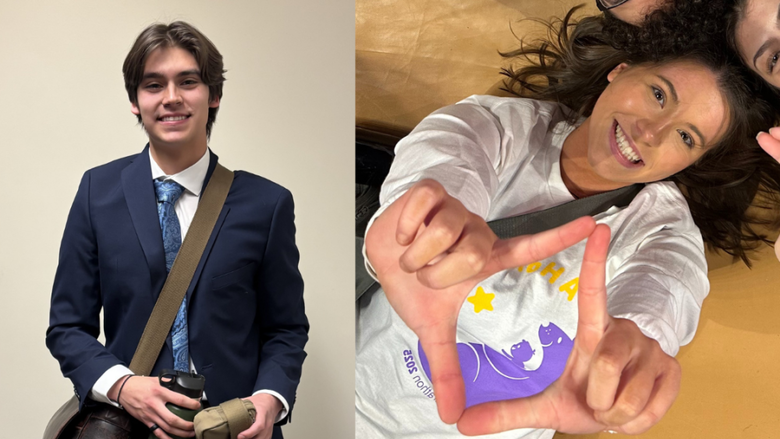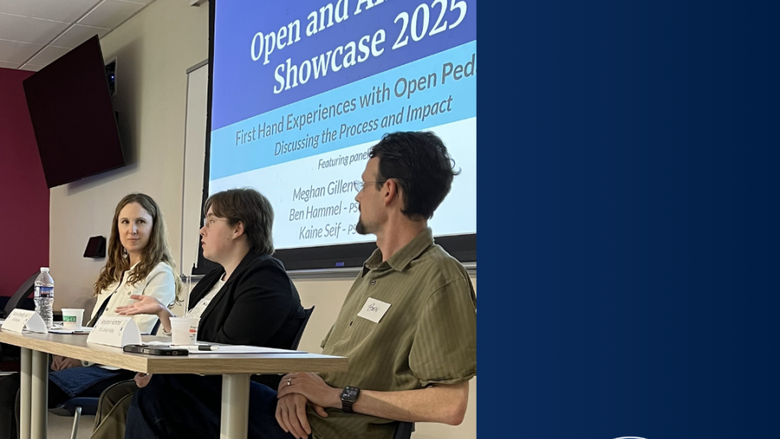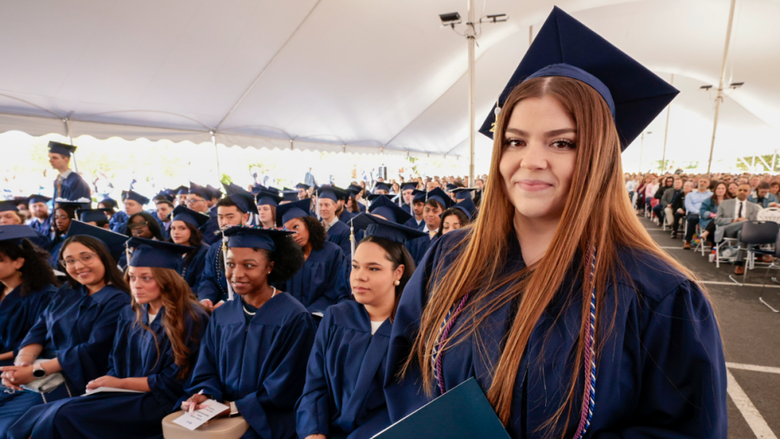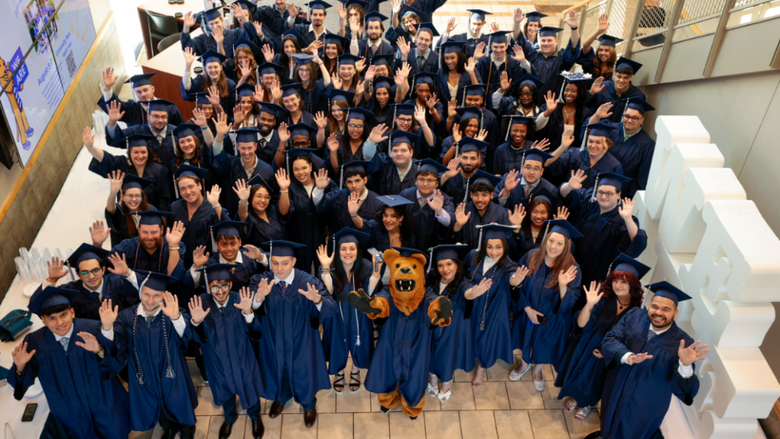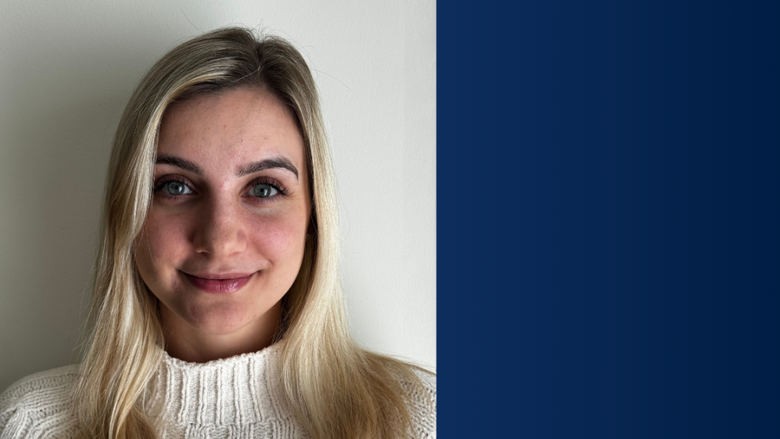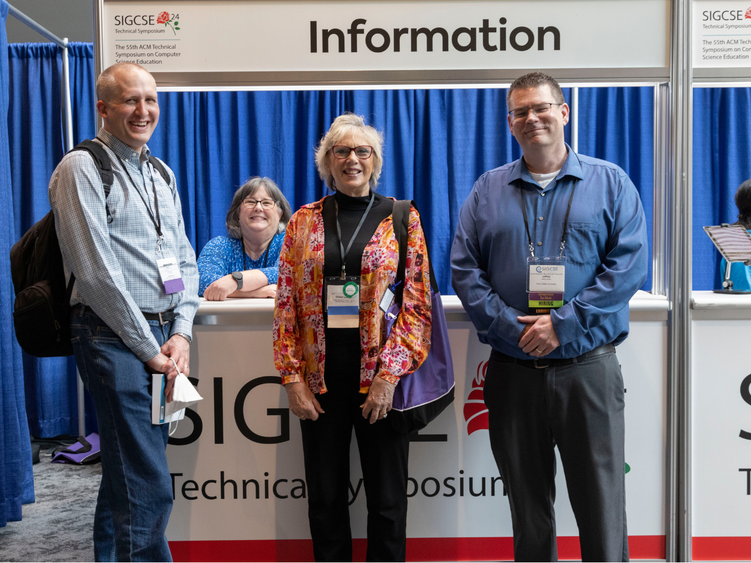
Jeffrey Stone, right, associate professor of information sciences and technology at Penn State Lehigh Valley, served as co-chair for the ACM Special Interest Group on Computer Science Education Technical Symposium (SIGCSE TS), recently held in Portland, Oregon. Stone is shown networking at the SIGCSE business expo with senior co-chair Ben Stephenson, left, of the University of Calgary, and Alison Clear, center, chair of the SIGCSE board.
CENTER VALLEY, Pa. — The ACM Special Interest Group on Computer Science Education Technical Symposium (SIGCSE TS), the largest computer science education conference in North America, was held in Portland, Oregon, recently. Jeffrey Stone, associate professor of information sciences and technology at Penn State Lehigh Valley (PSU-LV), not only attended the four-day event, but he served as its symposium co-chair.
There was no shortage of discussion around artificial intelligence (AI) and its various capabilities, particularly as it applies to a classroom setting.
“This year there were a lot of papers related to AI in the classroom. As educators, we’re still trying to wrap our heads around it. This year, it was a big focus,” Stone said.
More than 1,700 computer science educators from around the world attended the event — including some from Penn State — making it the second-highest number of attendees ever.
“We’re still getting our feet under us after COVID,” Stone said.
According to the SIGCSE website, the event “addresses problems common among educators working to develop, implement and/or evaluate computing programs, curricula, and courses. The symposium provides a forum for sharing new ideas for syllabi, laboratories, and other elements of teaching and pedagogy, at all levels of instruction.” Keynote speakers included Rachel Rose, director of research and development at special effects studio Industrial Light and Magic, and Todd D. Zakrajsek, associate research professor in the School of Medicine at the University of North Carolina at Chapel Hill.
In addition to AI-related topics, attendees focused on methods for student engagement.
“Within the papers, there were a lot of discussions about how to broaden our reach and engage our students so they want to pursue a career in CIS [computer and information science],” Stone said. “Beyond that, there were discussions about different methods people are using, particularly with assessment. More schools are moving beyond traditional means of assessment into more holistic methods and a level of mastery. Attendees shared new ideas for engagement and assessment and how to integrate more tools into the classroom.”
SIGCSE TS and events like it are critical for keeping current with industry trends and sharing best practices.
“These events serve a variety of roles,” Stone said. “There were just under 700 papers submitted. Beyond that, it gives people the opportunity to connect, network, learn what’s going on, and what others are doing. Many of us have the same problems, so we leverage the experience of others. This event is a means of pooling our resources and coming up with solutions.”
